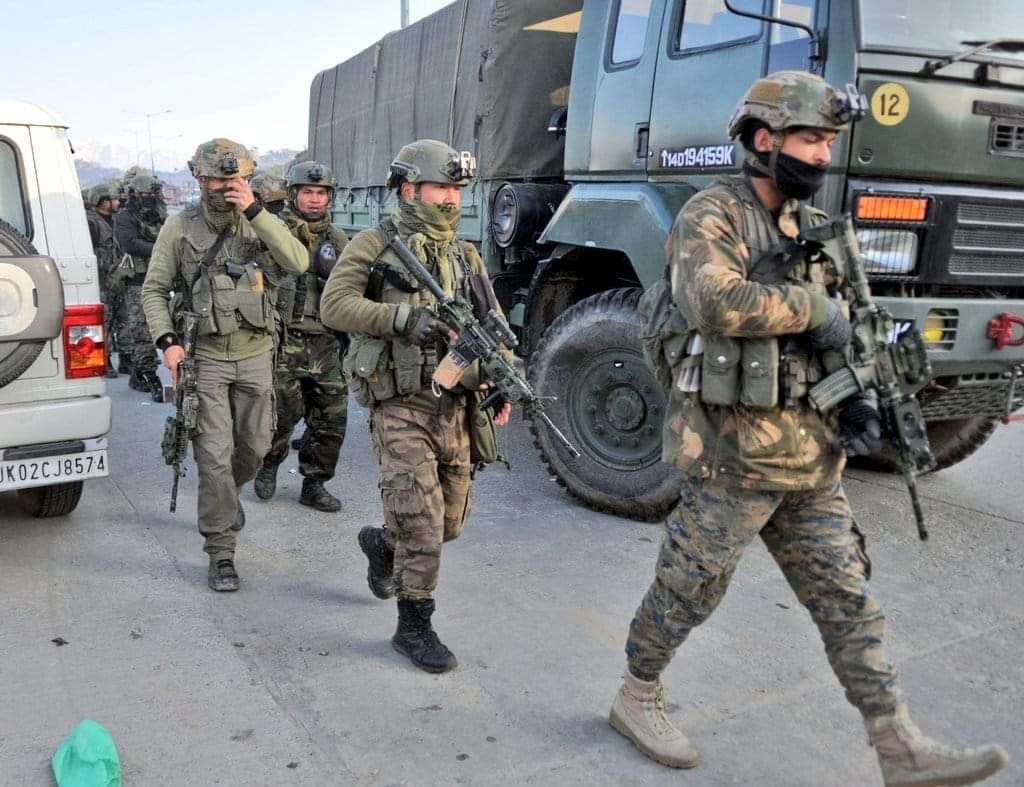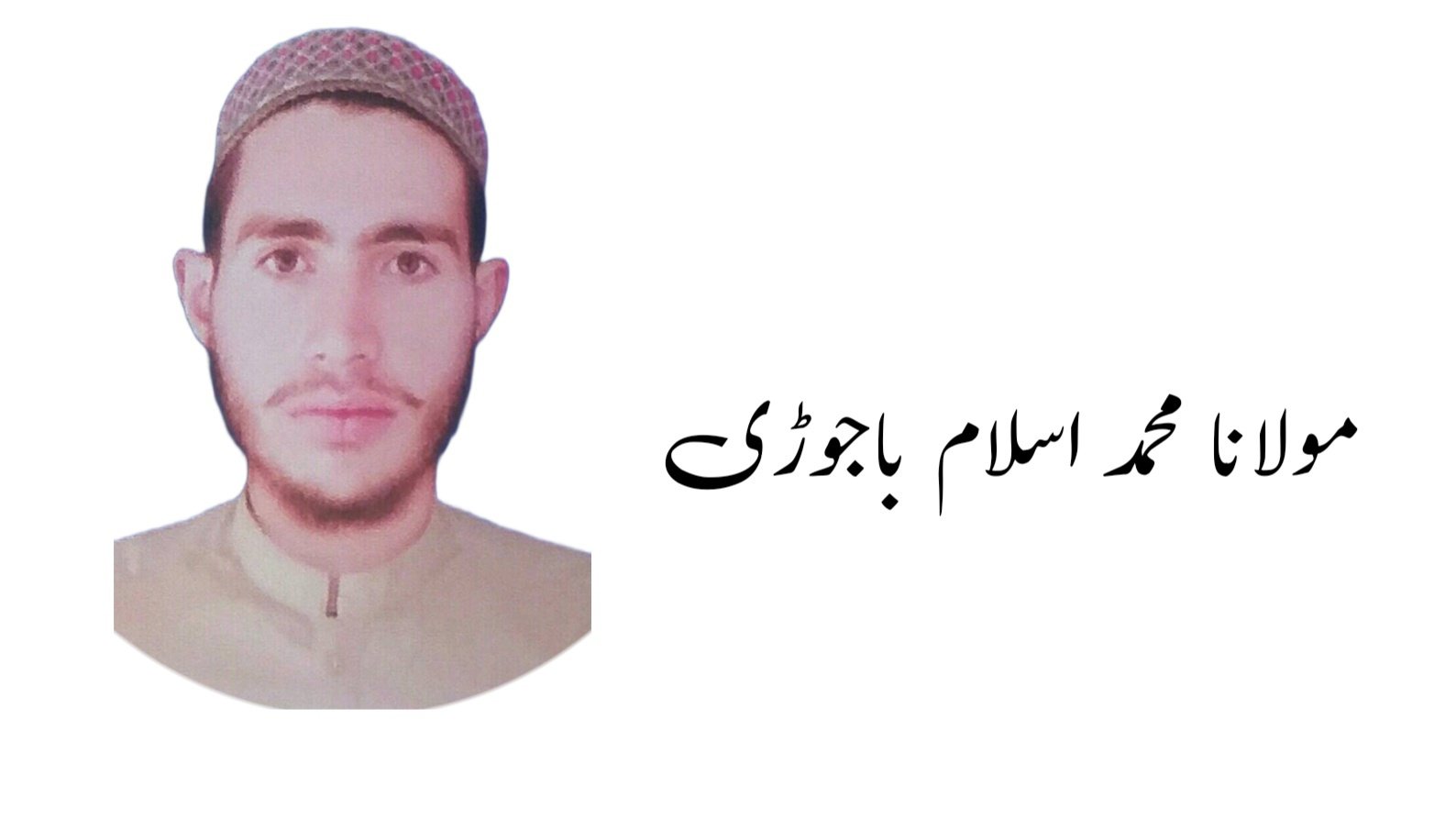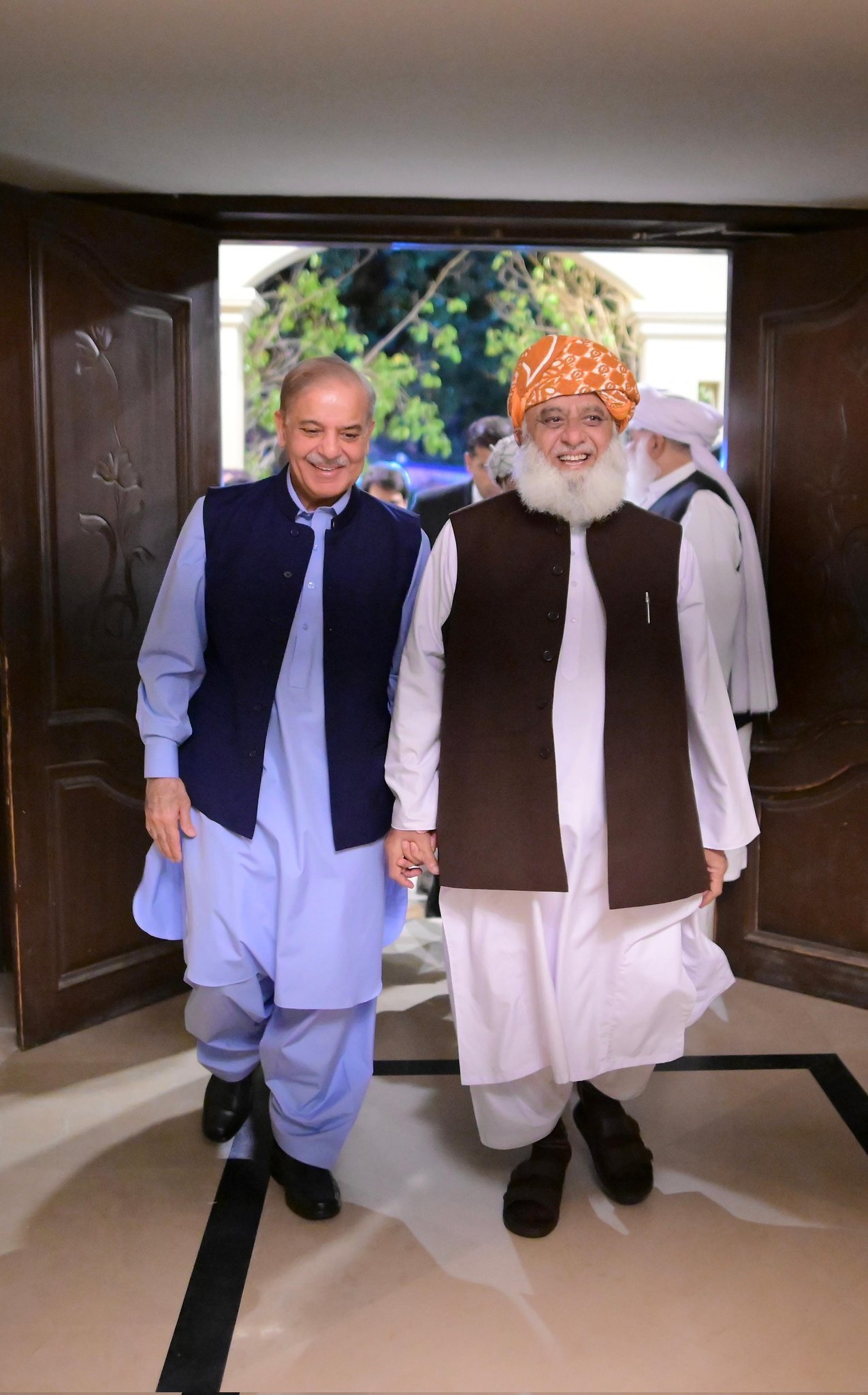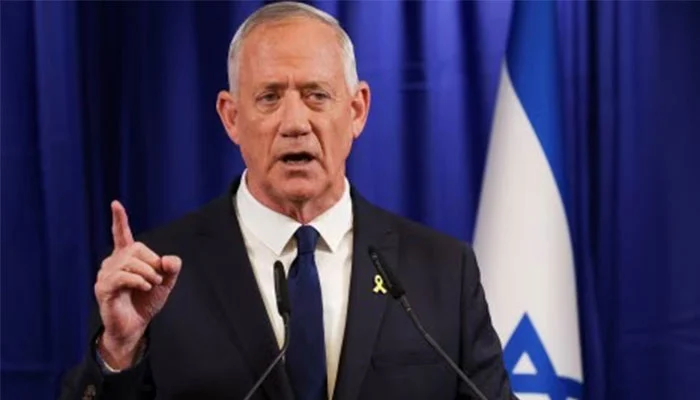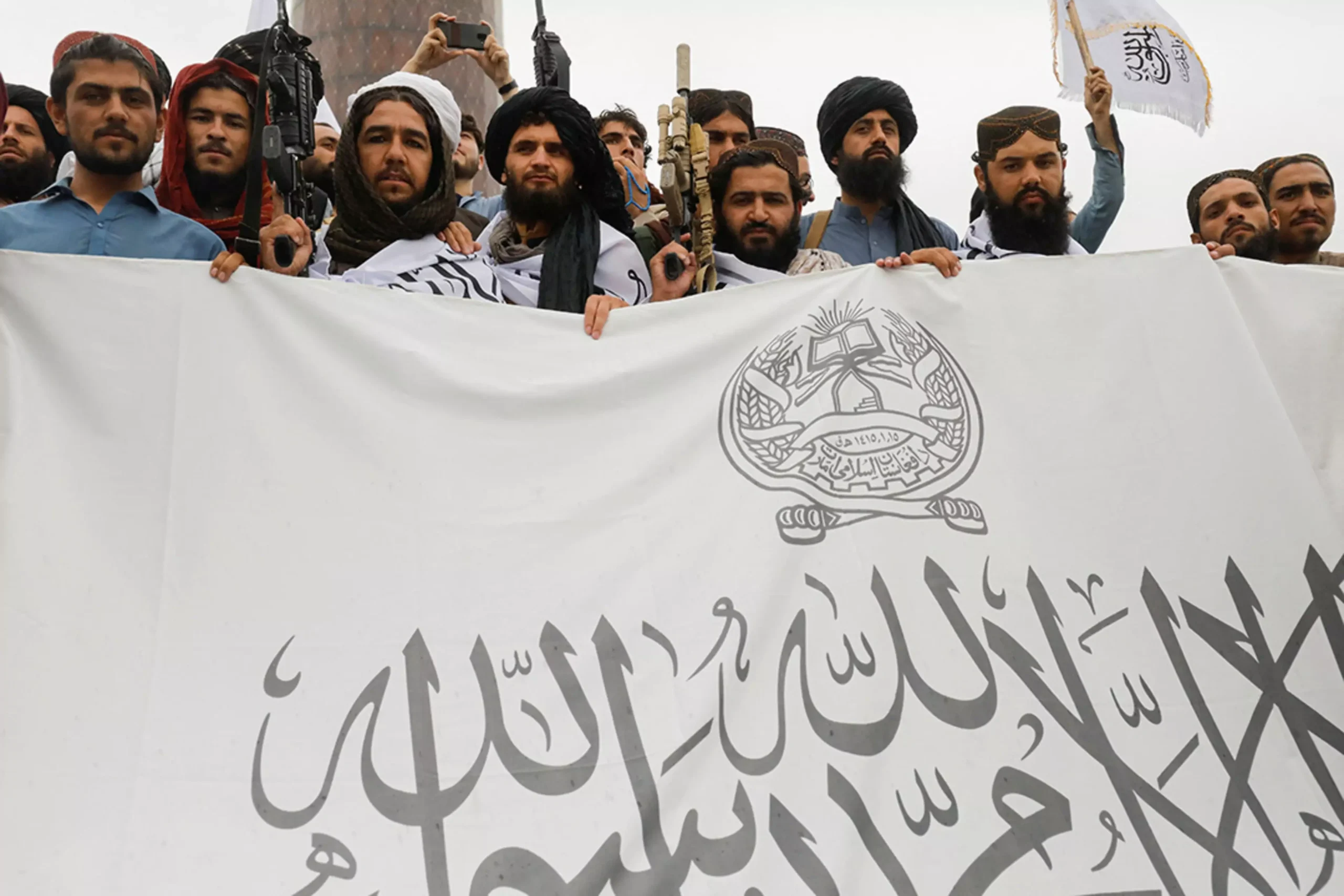Akrah’s discussion and a few submissions
Abdullah Omar
Respected Zahid Mughal Sahib has written about “Akrah” mentioned in “La Akrah Fi-ud-Din” that forcibly stopping someone from practicing his religion does not enter Akrah. For example, he has given the example of breaking idols from baitullah that the Prophet (peace and blessings of Allaah be upon him) prevented the polytheists of Makkah from performing their religious rituals or worship. In our view, it is true that it is not right to include this meaning in the absolute akrah, but the precedent presented in the plaintiff does not seem to be correct, the Arabian Peninsula has been declared as the main center of Islam and Muslims by Allah Almighty. The main intention was that no non-Muslim should remain as a permanent resident throughout the Arabian Peninsula, as the Holy Prophet (peace and blessings of Allaah be upon him) expressed his desire that there should be no two religions left in the Arabian Peninsula (in this regard we will review the details of some verses of Surah Barat and a hadith of Bukhari Sharif).
For this reason, special orders were issued in the Arabian Peninsula regarding the polytheists, including restrictions on their religious freedom and religious rituals. This order cannot be applied to other Islamic communities. Thus, in other Islamic countries, polytheists/Jews can remain as dhimmis.
(In our view, the fiqh and shari’ah of Qadianism is “zandiqiyyah”, which is not commanded by dhimmi.)
But since dhimmis were mentioned in mughal sahib’s example, we will mention some related rulings about dhimmis, which will make it clear that those who are dhimmis according to Sharia do not have any absolute “religious freedom”.
(It is also reiterated that the boundary wall facility given to the Dhimmis cannot be applied to the Qadianis because there is a difference in the shari’ah of the two.)
Will dhimmis have absolute freedom in the construction of their religious rituals/worship/shrines?? Or can the Islamic state ban them from various matters in this context, or in other words? So the details are:
(1) The Islamic law regarding the performance of religious ceremonies and national ceremonies in public is that the people of responsibility will be able to do them in their own settlements with full freedom, but in purely Islamic settlements, the Government of Islam will have the right to give them freedom or impose any kind of restrictions on them. It’s in bada’i:.
La ya’mun awn min izhar shi’a’i mumma zikrna min bay’a al-khamar wa’l-khunzir wa’l-sa’ib wa’l-naqus fi qari’ah wa’l-lis min umsar-ul-muslimeen wa wa qaan fi’l-min ahl-ul-islam wa’l-yakra zalik fi amsar al-muslimin wa hi al-ti yaqam fiha al-jama’a wa’l-ayad wa’l-hadid.
Wa’ama azhar fasq yatqudun haraam qalasnawasair al-fawahsh al-laati haraam fi dinham fanham ya’mun min zaalik sawa kanwa fi amsar al-muslimin wa fi amsarham. (Bada’i, vol. 7, p. 113)
(2) Similarly, dhimmis do not have the right to create new ones.
(Bada’i, Vol. 7, p. 114) Sharh Isral Kabir, vol. 3, p. 251)
Details of specific rulings on the polytheists in the Arabian Peninsula
(1) Surah Barat was revealed after the conquest of Makkah, during which people came to Madinah and became Muslims, and in the same way the flag of Islam began to fly over most of the Arabian Peninsula. On this occasion, Allah almighty declared the Arabian Peninsula as the main center of Islam and Muslims. The main intention was that no non-Muslim should remain as a permanent resident in the entire Arabian Peninsula, as the Holy Prophet (peace and blessings of Allaah be upon him) wished that there would be no two religions left in the Arabian Peninsula. (Mu’ta Imam Malik, Kitab al-Jami wa Musnad Ahmad, vol. 6, p. 572, a more detailed reference is forthcoming). The first goal was to rid the Arabian Peninsula of idolatry. Therefore, the children who remained in idolatrous Arabia, and who had subjected the Muslims to brutal atrocities for more than twenty years, were given a period of time at the beginning of this Surah, in which if they did not convert to Islam, they were given time to leave the Arabian Peninsula.
Otherwise, orders have been given to face war, and the Masjid-e-Haram has been declared free from every sign of idolatry. After this goal was met, the second step of the complete cleansing of the Arabian Peninsula was to expel Jews and Christians from there. This phase could not be completed in the life of the Holy Prophetsa, but he had bequeathed it, as can be seen in the commentary under verse 29.
In order to understand these verses well, it is necessary to know the background mentioned above in the introduction of this Surah, in order to make the Arabian Peninsula the center of Islam, Allah has sent down the command that after some time no idolater can live permanently in the Arabian Peninsula. Those who had not yet converted to Islam, although these polytheists were those who left no stone unturned to persecute the Muslims, and brutally persecuted them, but there are various respites to leave the Arabian Peninsula, which are described in these verses.
There were four types of polytheists:
(a) The first category was of the polytheists with whom the Muslims had not signed a ceasefire agreement, such polytheists were given four months to bring Islam if they wanted to convert to Islam in these four months, and if they wanted to go anywhere outside the Arabian Peninsula, they should arrange it. They will have to face war.
(Tirmidhi, Kitab al-Hajj, Hadith No. 871).
(b) The second category was of the polytheists with whom there was a ceasefire agreement but there was no fixed period, it was also announced about them that now the agreement will continue for four months, during which they will also have to do the same things that were mentioned about the first type, the first and second verses of Surah Tauba are related to these two types.
(The Holy Prophet (peace and blessings of Allaah be upon him) made an agreement with him, but he made a bad promise, and broke the agreement, just as the treaty was signed with the disbelieving Quraish in Hudaibiyya, but they violated it.
Because of this, the Holy Prophet (peace and blessings of Allaah be upon him) attacked Makkah and conquered it, they were not given any further respite, but since this announcement of surrender was made on the occasion of Hajj, which is itself in the sacred month, and after that the month of Muharram is also sacred, and it is not permissible for them to fight in it, so it is not permissible for them to fight at the end of Muharram. It has been said in verse 5 that if they do not believe or go out of the Arabian Peninsula after the sacred months have passed, they will be killed.
(d) The fourth category was that of the polytheists with whom the Muslims had entered into a ceasefire agreement for a certain period of time, and they had not made any misdeeds. Do not be compromised, for example, you had such an agreement with the banu damar and banu madlaj, two small tribes of the tribe of Kanana, and there was no misdeed on their part.
(2) The Holy Prophet (peace and blessings of Allaah be upon him) had bequeathed three things to the audience (including ‘Umar (may Allaah be pleased with him) on Thursday, five days before his death:
One of these sayings was also said:
The polytheists should be expelled from the Arabian Peninsula. (It should be noted that the polytheists here mean ordinary disbelievers, whether they are polytheists or the people of the Book (Jews and Christians), in other traditions there is also “Akhrajwa al-Yehud wal-Nasari”, meaning that the “Arabian Peninsula” is the center and special fortress of Islam, it should only be populated by the people of Islam, the people of kufr should not be allowed to populate and those who are still settled should be settled outside this area. The privilege of obeying this command and will of Allah (peace and blessings of Allaah be upon him) came in the part of Hazrat Farooq Azam (RA), he completed it in his khilafat period.
حدثنا ابن عيينة، عن سليمان الأحول، عن سعيد بن جبير، عن ابن عباس رضي الله عنهما: أنه قال: يوم الخميس وما يوم الخميس؟ ثم بكى حتى خضب دمعه الحصباء، فقال: اشتد برسول الله صلى الله عليه وسلم وجعه يوم الخميس، فقال: «ائتوني بكتاب أكتب لكم كتابا لن تضلوا بعده أبدا» ، فتنازعوا، ولا ينبغي عند نبي تنازع، فقالوا: هجر رسول الله صلى الله عليه وسلم، قال: «دعوني، فالذي أنا فيه خير مما تدعوني إليه» ، وأوصى عند موته بثلاث: «أخرجوا المشركين من جزيرة العرب، وأجيزوا الوفد بنحو ما كنت أجيزهم»، ونسيت الثالثة، وقال يعقوب بن محمد، سألت المغيرة بن عبد الرحمن، عن جزيرة العرب: فقال مكة، والمدينة، واليمامة، واليمن، وقال يعقوب والعرج أول تهامة.”
(باب: هل يستشفع إلى أهل الذمة ومعاملتهم؟4 / 69، ط: دار طوق النجاۃ)




